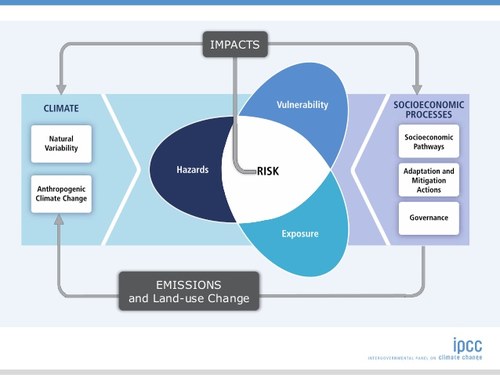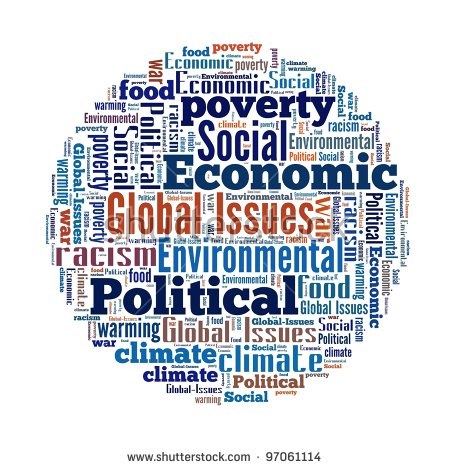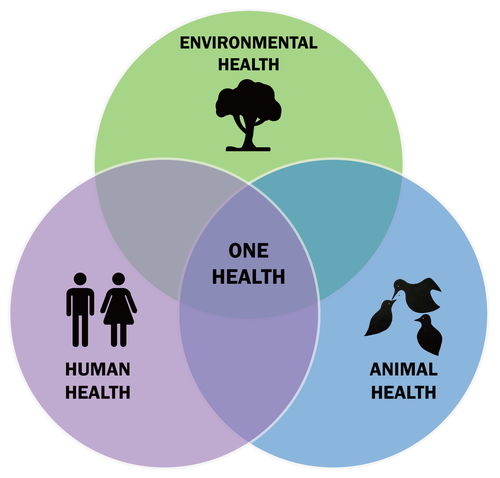- Home
- How to apply
-
PhD Program
Apri sottomenù
- Curricula and Research themes
- Description of 41th cycle scholarships (2025-2028)
- Description of 40th cycle scholarships (2024-2027)
- Description of 39th cycle scholarships (2023-2026)
- Description of 38th cycle scholarships (2022-2025)
- Description of 37th cycle scholarships (2021-2024)
- Description of 37th cycle scholarships (2021-2024) - additional call
- Description of 36th cycle scholarships(2020-2023)
- Description of 35th cycle scholarships (2019-2022)
- Courses and Training
- People
- Partners
- News
- Contacts
Curricula and Research themes
The program is trans-disciplinary, sponsoring convergence between science, engineering, cultural and socio-economic disciplines

Curriculum A: The Earth System
The research themes consider natural and man induced earth system structure and dynamics
- Solid earth physics
- Observations of the atmosphere, oceans and ecosystems
- Climate variations and modeling
- Atmospheric and ocean predictions
- Water and hydrology
- Carbon cycle and biogeochemical cycles
- Paleoclimate
- Hazard mapping and extreme events

Curriculum B. Impacts, adaptation and vulnerability
This Curriculum considers the role of humans in managing resources and the societal impacts of climate change.
- Food production and security
- Water resources and security
- Biodiversity, environment and nature conservation
- Adaptation to climate change
- Economics of adaptation
- Resilient agriculture
- Cultural heritage and conservation
- Recovery and reuse of materials

Curriculum C. Technological innovations for a decarbonized society
This Curriculum considers mitigation and adaptation technological developments required by the industrial sectors.
- Energy and environmental efficient systems
- Renewable energy systems and products
- Green/blue/hybrid architecture
- Smart grids and positive energy districts
- Transport innovation
- Low carbon technologies
- Sustainable chemistry and engineering
- Industrial and Urban Symbiosis

Curriculum D. Socio-economic and legal studies for mitigation of climate change
The Curriculum focuses on the effects of mitigation policies on economic growth and government/rulemaking and communication of climate change.
- Social, Economic, and Ethical Concepts and Methods
- Sustainable Development and Equity
- International Cooperation
- Regional Development and Cooperation
- Cross-cutting Investment and Finance issues
- Environmental law - Circular economy
- Communicating Climate Change

Curriculum E. One Health
This Curriculum promotes networked, ecological thinking about health. Themes include:
- vector borne diseases;
- neglected and emerging infectious diseases;
- antimicrobial resistance (AMR);
- food security and safety (including foodborne and waterbone diseases) and bioterrorism;
- climate and environmental changes;
- terrestrial and aquatic animals as sentinels for human diseases and environmental destruction;
- human-animal bond and well-being (One Welfare);
- One Health and social sciences;
- public policies and legislations;
- disaster preparedness and economic sustainability